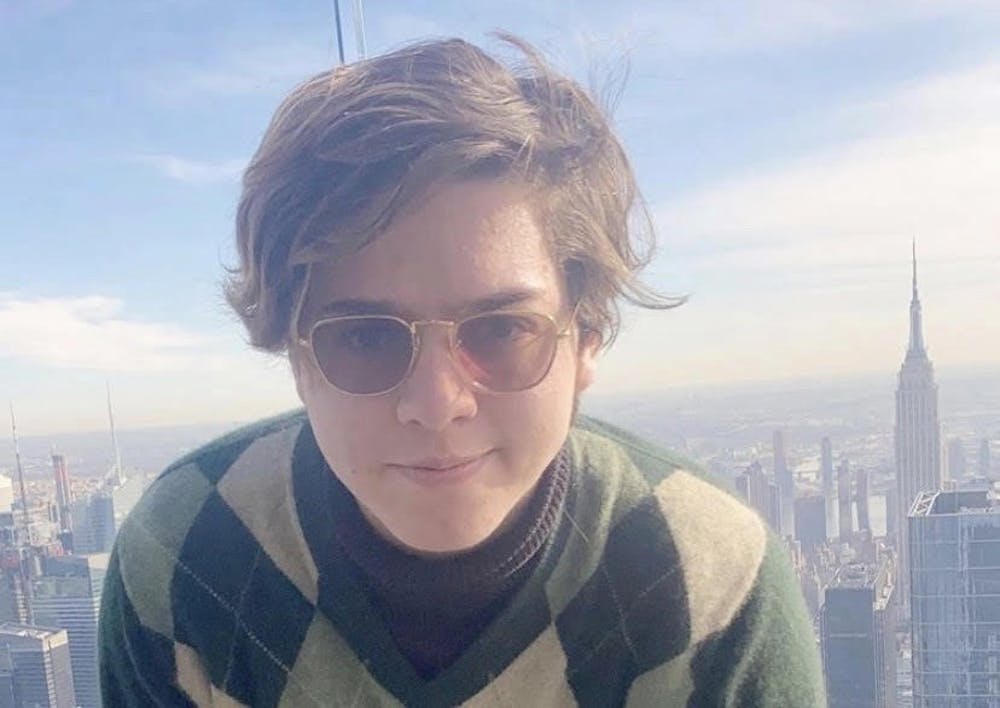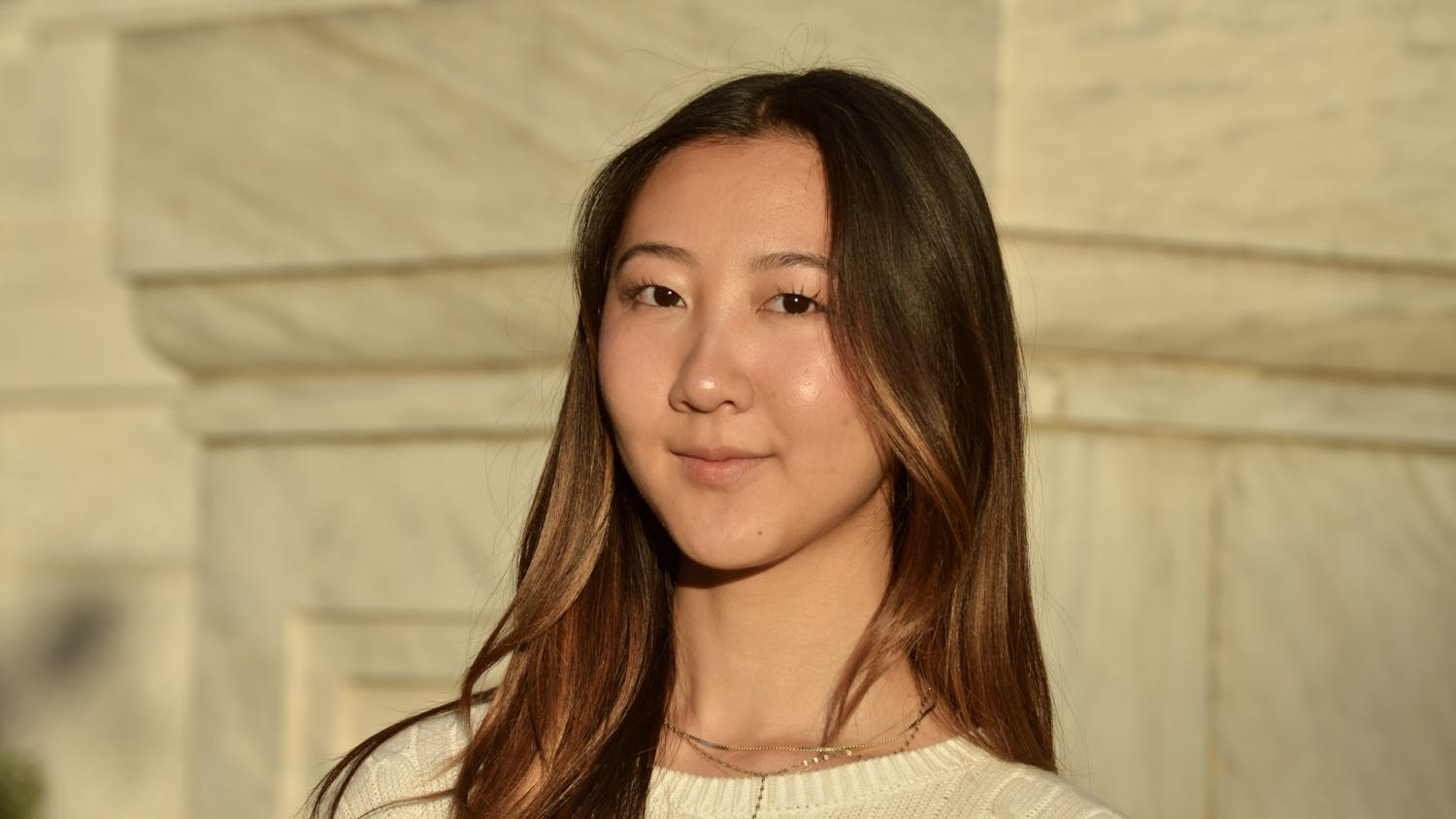If you only expose yourself to one side of the news, you will either think that most Republicans are small-brained Q-lovers, or that Democrats are all Castro-sympathizers. Both are lies. Turn the TV off and talk to real people.
Let’s start with philosopher Karl Popper’s Paradox of Tolerance. The paradoxical idea states that in order to maintain a tolerant society, its ability to remain tolerant must be balanced by boundaries of intolerance. If no limits exist, the intolerant can seize control and destroy society.
The principle by itself is easy to understand, but what many seem to forget about is the context. He was clear in a footnote to the first volume of “The Open Society and Its Enemies” when he wrote that in the formulation of his well-known paradox he did not imply “that we should always suppress the utterance of intolerant philosophies; as long as we can counter them by rational argument and keep them in check by public opinion, suppression would certainly be unwise.” Popper’s ideas were fundamentally conservative in character, even when his politics were recognizably liberal. Using Popper to justify “cancel culture” and self-censorship would be the equivalent of using Karl Marx to promote laissez-faire economics or using Friedrich Nietzsche to advance the Christian cause. Difference of opinion has been vilified, and the value of intent has been undermined. As a consequence, the strength of the Austrian-British philosopher’s theory has been weakened. Instead of listening to others as if they knew something that we do not, many of us have found exaltation in dogmatic bubbles.
It might sound cheesy, but sometimes we do agree more than we realize. Partisan jargon and social media have boosted unidimensional exposure to insane levels. This leads to conversations in which we do not necessarily disagree on the premise, but unfamiliarity with the opposition’s frame of mind leads to cognitive dissonance. It is time that we start prioritizing productive dialogue over immature desires of domination. It is time to have discussions that make us more competent, not attacks and screaming matches that only feed our egos.
Popper, who I like to describe as a philosophical reconciler, was always a fierce defender of harsh social criticism, which requires openness and diversity. In other words, without freedom of thought and the encouragement of public discourse, it’s impossible to reach coherent responses to social inquiries. If one wants to truly explore their intrapersonal relationship, develop intellectual depth and enhance persuasive character, then it is crucial to remain eternally humble — which does not translate into cowardliness. I am not going to lie: It is challenging. Not many of us enjoy being told we are wrong. Simplification leads to mental comfort, but it should never be the final goal. Like Popper, I believe that when the individual’s pursuit of meaning is sacrificed to pursue the impulses of a coercive group, there is no room for growth. This is detrimental not only for the minority, but for all.
Today, if you want to be tolerant, then you cannot disagree with ideologues. If you want to be smart, you must believe that others are propagandized fools. If you want to be open-minded, you must believe that others are ill-intentioned. This is the ideologically stubborn take. Pointing fingers at the brainwashed when you are one of them too: moral reductionism for the morally flawed. Self-congratulatory backpatters consumed by intellectual arrogance that simply cannot start to question their own thoughts and ideals. Victims of idea pathogens who gave away critical thinking abilities in exchange for social validation and self-righteousness. Don’t get me wrong; the desire to stand for what we believe in is worthwhile, but even if the origin of the action is a good one, we must not allow confidence to translate into moral arrogance. The truth is that idea expansion requires external confidence. Some of the smartest people out there are not shouting in the streets. In fact, internal arrogance provides cohesive argumentation, which helps one develop comprehensive explanations when truth is not always easily graspable. Leaders know it is a trust game. After all, isn’t persuasion the sole objective of rhetoric? Aristotle would agree, and as political animals, we do too. This is why idea pathogens kick in. Ideas that remain ideas. Mystical utopias that provide simple solutions to complex realities. Agnostic religions that demand us to pick a side.
The reason why many of us do not allow skepticism to play its role in our intellectual progress is because ideas are highly contagious and resilient parasites. Once infected, it becomes nearly impossible to eradicate them. Although it is not always functionally recommendable, knowing that we might be completely wrong is essential if we care more about purpose than we do about a hedonistic pursuit of pleasure. If you never change your mind, it is likely that a voracious brain worm has already taken control. There is still time to change, and I invite you to do so. But when you replace seeking truth with the comfort of idealism, it feels easier to survive in a constant daydream even when you risk harming yourself. You risk becoming a purposeless tool wandering around with no clear direction: repeating what sounds right without questioning if it is right at all. For me, that sounds like hell, but there is not much I can do if you enjoy following that path. I just wish reality does not kick you in the face as hard as it hit me if you ever wake up.
JP. Ballard is a freshman in the School of International Service. His opinions are his own and do not necessarily reflect the views of The Eagle and its staff.





